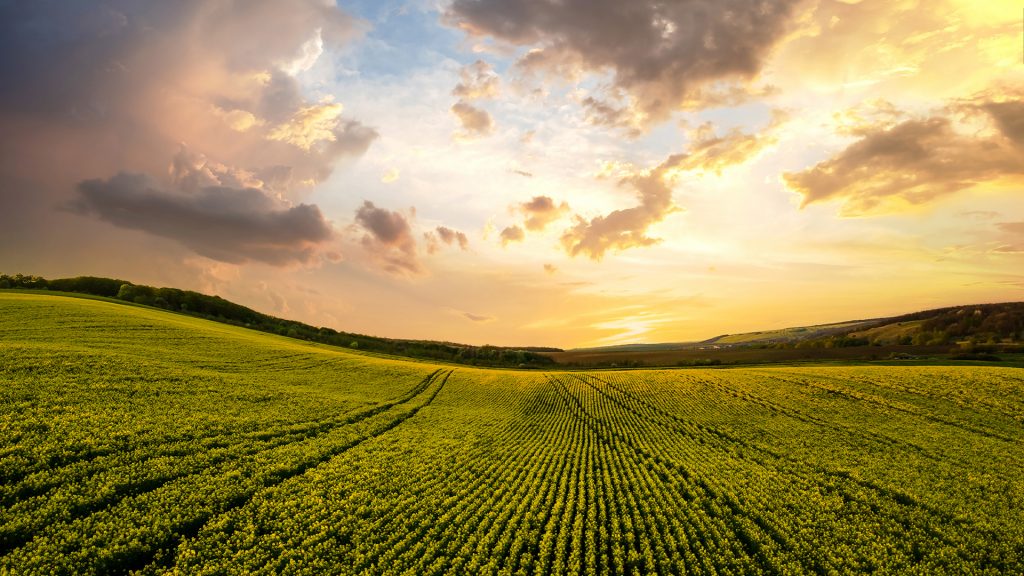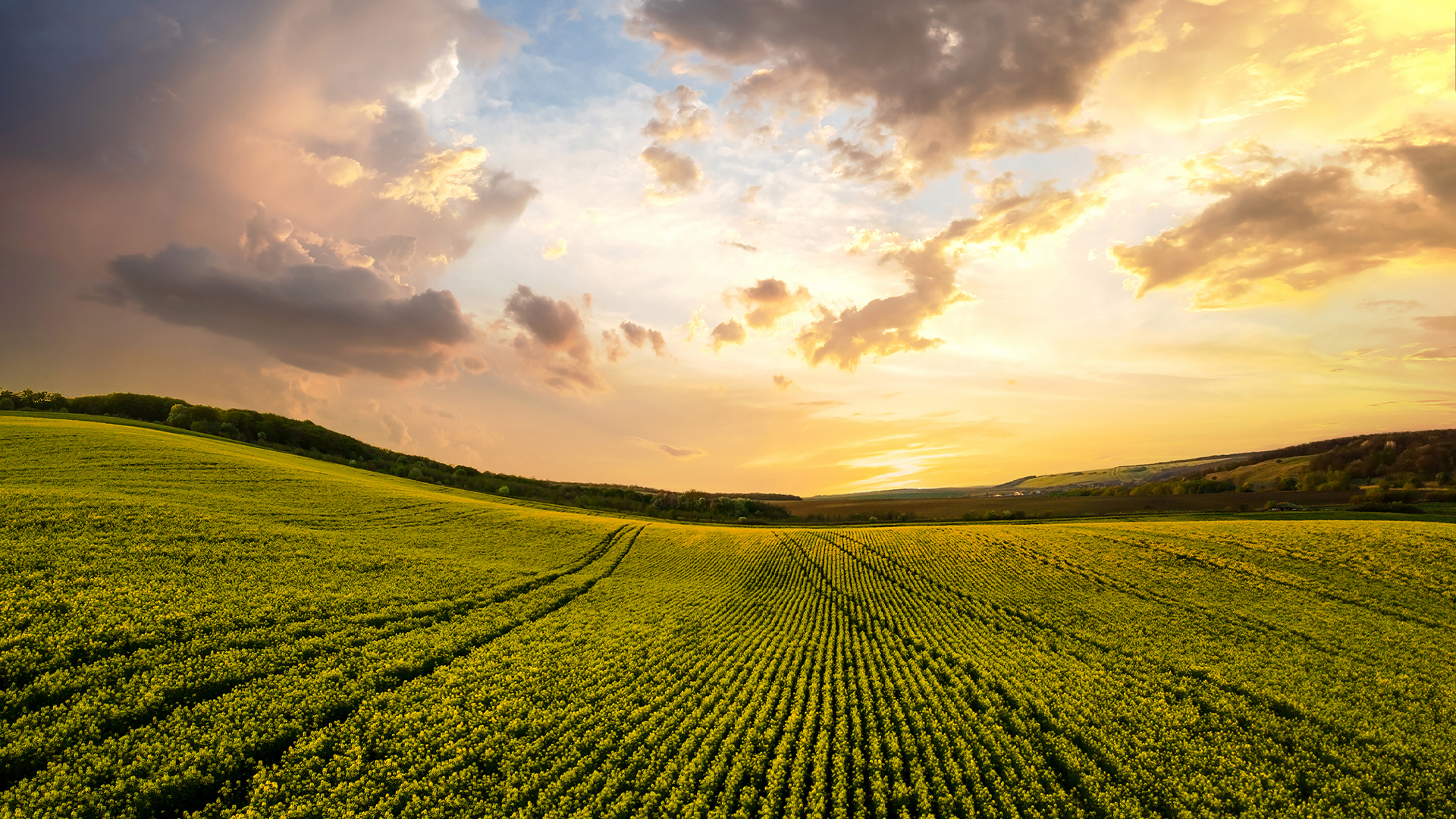The organic agriculture resilience is a fundamental tool for fighting against the climate change
2022 has highlighted all the challenges and difficulties of this historical period and the need to act and change not only the way we produce but also how and what we consume. The latest surveys, conducted by Coldiretti on ISAC CNR ITALY data, highlight the dramatic consequences of the weather conditions. In Italy, in 2022, rainfall decreased by -30% compared to the historical average of 1991-2020, with an increase in temperatures of +1.15 Celsius degrees with damage equal to 10% of total production (6 billion euros). The products at the base of the Mediterranean diet suffered the most and, therefore, extra virgin olive oil (-30%), tomatoes for processing (-10%) and durum wheat (-5%), all despite the increase in areas sown in Italy.
Alongside these results, encouraging data also emerge from organic farming. Since 1982, for over 40 years, the Rodale Institute in Pennsylvania (USA) has been conducting a research project called Farming System Trial which, with scientific methods and experimental surveys, compares the production and environmental results obtained with organic farming versus conventional methods. Among the many data that highlight the strengths of organic farming, very interesting recent results emerge on the resilience of organic production to climate change.
In fact, the latest surveys have shown that organic regimes are less sensitive to lack of water, and, in the case of organic corn for example, there is +31% more production than the conventional one.
The Rodale Institute’s forty years of research are summarized in a complete and very thorough document that confirms the values in the field: https://rodaleinstitute.org/wp-content/uploads/FST_40YearReport_RodaleInstitute-1.pdf
“The greater resilience of organic farming to climate change”, Paolo Pari, Director of Almaverde Bio, declares, “Can be explained by the reduced environmental impact that organic and biodynamic cultivation systems have. These important data highlight the value of organic farming, not only in terms of quality and healthiness but also of environmental sustainability.”
It’s Bio is a project funded by the European Union and AOP Gruppo Vi.Va., with the participation of Almaverde Bio, Apofruit, Codma OP, Ca’ Nova, Coop Sole, AOP La Mongolfiera, OrtoRomi and OP Terre di Bari.




